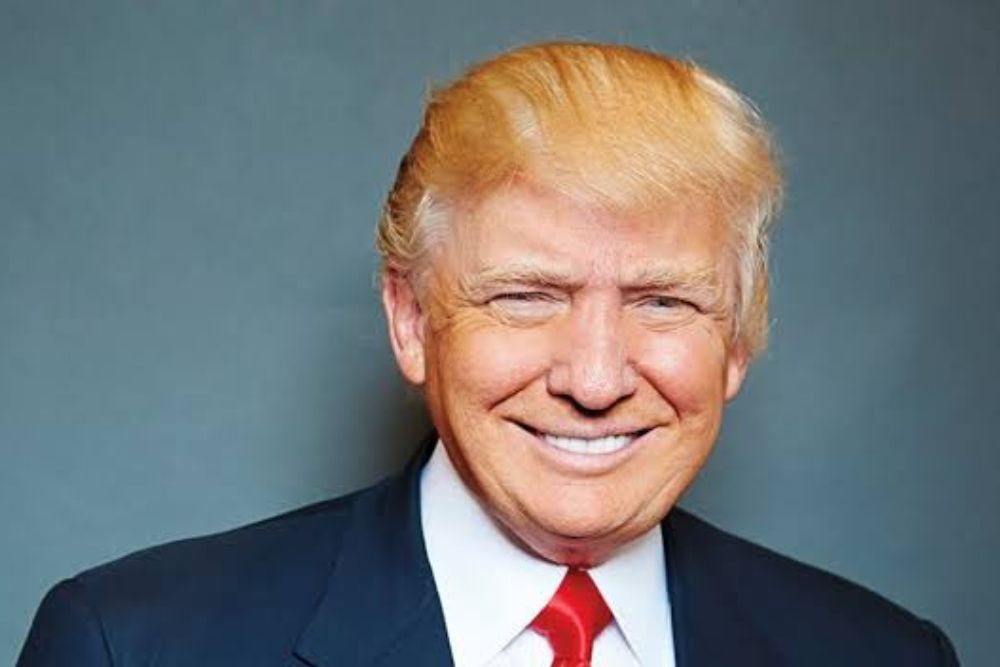United States President-elect Donald Trump is advocating for an executive order to make crypto a national priority as soon as he enters office on January 20. The proposed executive order aims to position the U.S. as a global leader in digital asset innovation, fuel blockchain adoption, and enhance national security by integrating decentralized finance (DeFi).
A Collaboration With Crypto Industry
According to a Bloomberg report, citing people familiar with the story, the executive order would direct regulatory agencies to collaborate with the crypto industry. It may establish a crypto council to represent and advocate for the sector’s policy interests.
The report noted that the order could be signed on January 20, the first day of Trump’s return to the presidency, though it is not finalized and may change before being officially released. Trump is widely believed to be preparing a crypto-related executive order for his first day in office, given his strong support from the local industry during his campaign and his pledge to make the U.S. the crypto capital.
Similarly, the New York Times also noted that the crypto executive had provided feedback to Trump’s czar, David Sacks, on an executive order addressing various aspects of crypto policy.
According to a Washington Post report, the president-elect is anticipated to sign executive orders on January 20 addressing crypto de-banking and overturning a banking policy that mandates banks holding crypto to categorize digital assets as liabilities.
Creating a Bitcoin Reserve
In line with the president’s proposal, Bloomberg also reported that a proposal for government agencies to reassess their crypto policies and halt crypto-related legal actions is still being discussed, along with establishing a Bitcoin reserve for the government to retain seized assets.
While Trump’s proposal is still in its early stages, it has already ignited discussions within Congress and among financial regulators. The executive order would require collaboration between the U.S. Treasury Department, the Federal Reserve, the Securities and Exchange Commission (SEC), and the Commodity Futures Trading Commission (CFTC) to lay the groundwork for a comprehensive crypto framework.
Find Cryptocurrencies to Watch and Read Crypto News on the Go Follow CryptosToWatch on X (Twitter) Now

